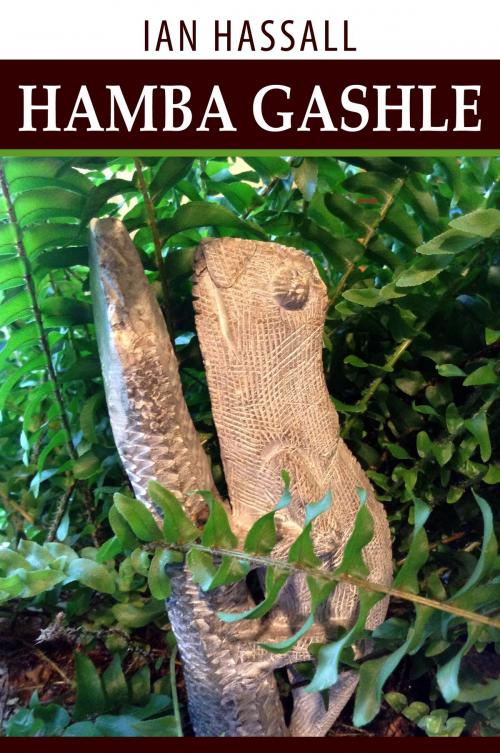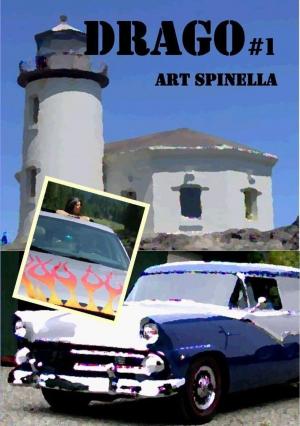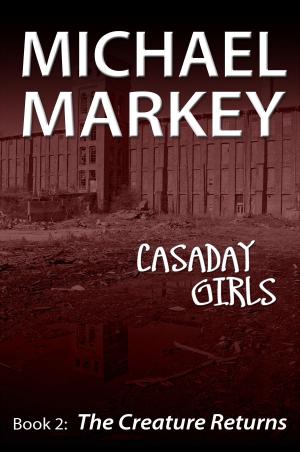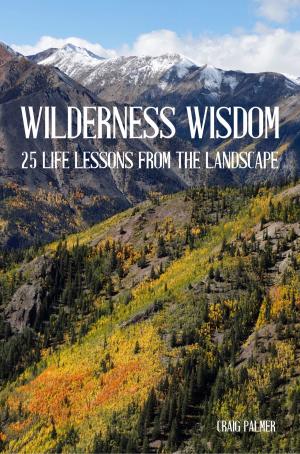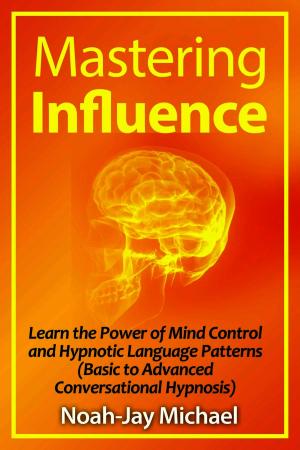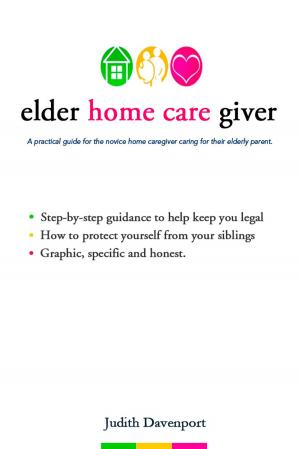| Author: | Ian Hassall | ISBN: | 9781456612689 |
| Publisher: | eBookIt.com | Publication: | April 24, 2013 |
| Imprint: | eBookIt.com | Language: | English |
| Author: | Ian Hassall |
| ISBN: | 9781456612689 |
| Publisher: | eBookIt.com |
| Publication: | April 24, 2013 |
| Imprint: | eBookIt.com |
| Language: | English |
Hamba Gashle is the inside story of white society in colonial Southern Africa during the 1950s and 1960s. Ian Hassall's edgy memoir provides a vivid and disturbing depiction of childhood and family life against a background of racial exploitation, political change and the disintegration of his white community. Written as a diary from childhood through to early adulthood, the deceptively simple style provides a sense of immediacy, building a vivid picture through apparently unconnected events. The child narrator arrives in Northern Rhodesia from England aged four. Soon after, his parents divorce and he is fostered for several years. His mother marries an anti British Afrikaaner who is a strong influence on the boy. As a teenager he becomes delinquent and fails at school. He moves with his father's family to Rhodesia as it is approaching UDI. The narrator has developed anti-racist views and joins the protest movement at university in South Africa. Finally he returns to London in 1970, alone, a stranger.
Ian Hassall produces a rich and informative picture of this period, honest, critical and unflattering, attacking its racism. The work is carefully researched so that key historical events are portrayed accurately and intimately. The youthful narrator's preoccupations, adventures, sexual encounters and daydreams contrast with more sober political observations, sometimes hilariously. This is also a study of childhood, and a celebration of youth which transcends time or location.
'Hamba Gashle' means both chameleon and take it easy, because of the animal's leisurely pace. The book's title reflects the author's admiration for this wonderful creature and its attributes, some of which he required to survive his upbringing.
Ian Hassall produces a rich and informative picture of this period, honest, critical and unflattering, attacking its racism. The work is carefully researched so that key historical events are portrayed accurately and intimately. The youthful narrator's preoccupations, adventures, sexual encounters and daydreams contrast with more sober political observations, sometimes hilariously. This is also a study of childhood, and a celebration of youth which transcends time or location.
'Hamba Gashle' means both chameleon and take it easy, because of the animal's leisurely pace. The book's title reflects the author's admiration for this wonderful creature and its attributes, some of which he required to survive his upbringing.
Hamba Gashle is the inside story of white society in colonial Southern Africa during the 1950s and 1960s. Ian Hassall's edgy memoir provides a vivid and disturbing depiction of childhood and family life against a background of racial exploitation, political change and the disintegration of his white community. Written as a diary from childhood through to early adulthood, the deceptively simple style provides a sense of immediacy, building a vivid picture through apparently unconnected events. The child narrator arrives in Northern Rhodesia from England aged four. Soon after, his parents divorce and he is fostered for several years. His mother marries an anti British Afrikaaner who is a strong influence on the boy. As a teenager he becomes delinquent and fails at school. He moves with his father's family to Rhodesia as it is approaching UDI. The narrator has developed anti-racist views and joins the protest movement at university in South Africa. Finally he returns to London in 1970, alone, a stranger.
Ian Hassall produces a rich and informative picture of this period, honest, critical and unflattering, attacking its racism. The work is carefully researched so that key historical events are portrayed accurately and intimately. The youthful narrator's preoccupations, adventures, sexual encounters and daydreams contrast with more sober political observations, sometimes hilariously. This is also a study of childhood, and a celebration of youth which transcends time or location.
'Hamba Gashle' means both chameleon and take it easy, because of the animal's leisurely pace. The book's title reflects the author's admiration for this wonderful creature and its attributes, some of which he required to survive his upbringing.
Ian Hassall produces a rich and informative picture of this period, honest, critical and unflattering, attacking its racism. The work is carefully researched so that key historical events are portrayed accurately and intimately. The youthful narrator's preoccupations, adventures, sexual encounters and daydreams contrast with more sober political observations, sometimes hilariously. This is also a study of childhood, and a celebration of youth which transcends time or location.
'Hamba Gashle' means both chameleon and take it easy, because of the animal's leisurely pace. The book's title reflects the author's admiration for this wonderful creature and its attributes, some of which he required to survive his upbringing.
